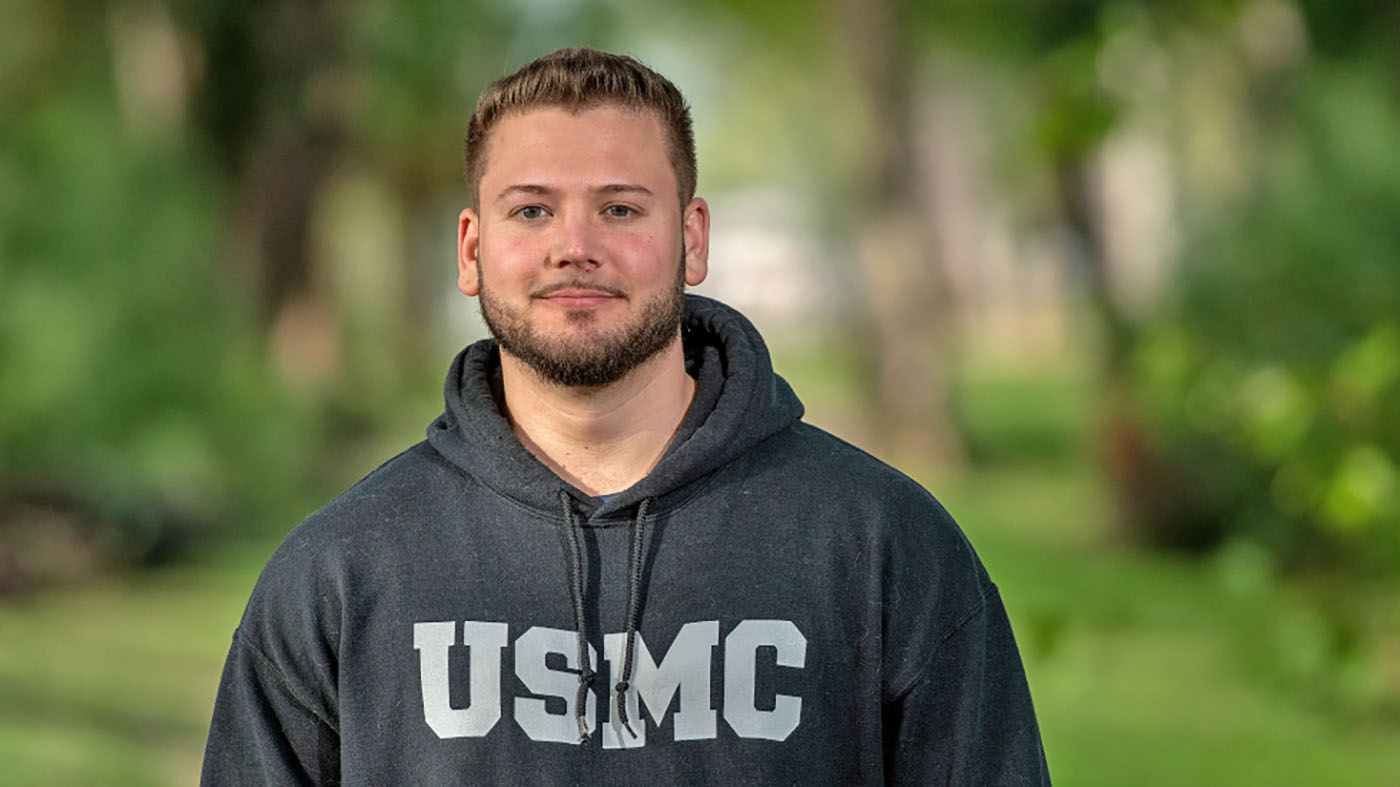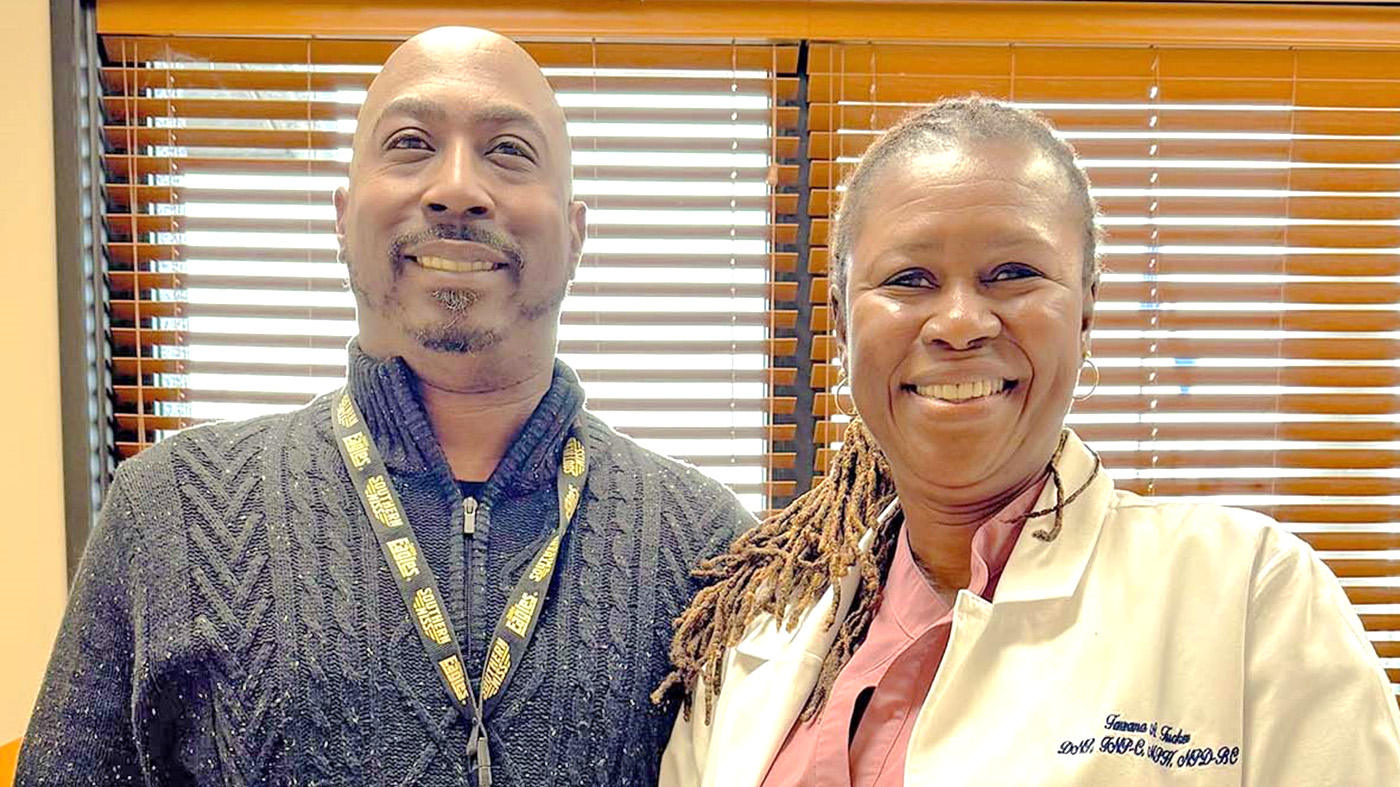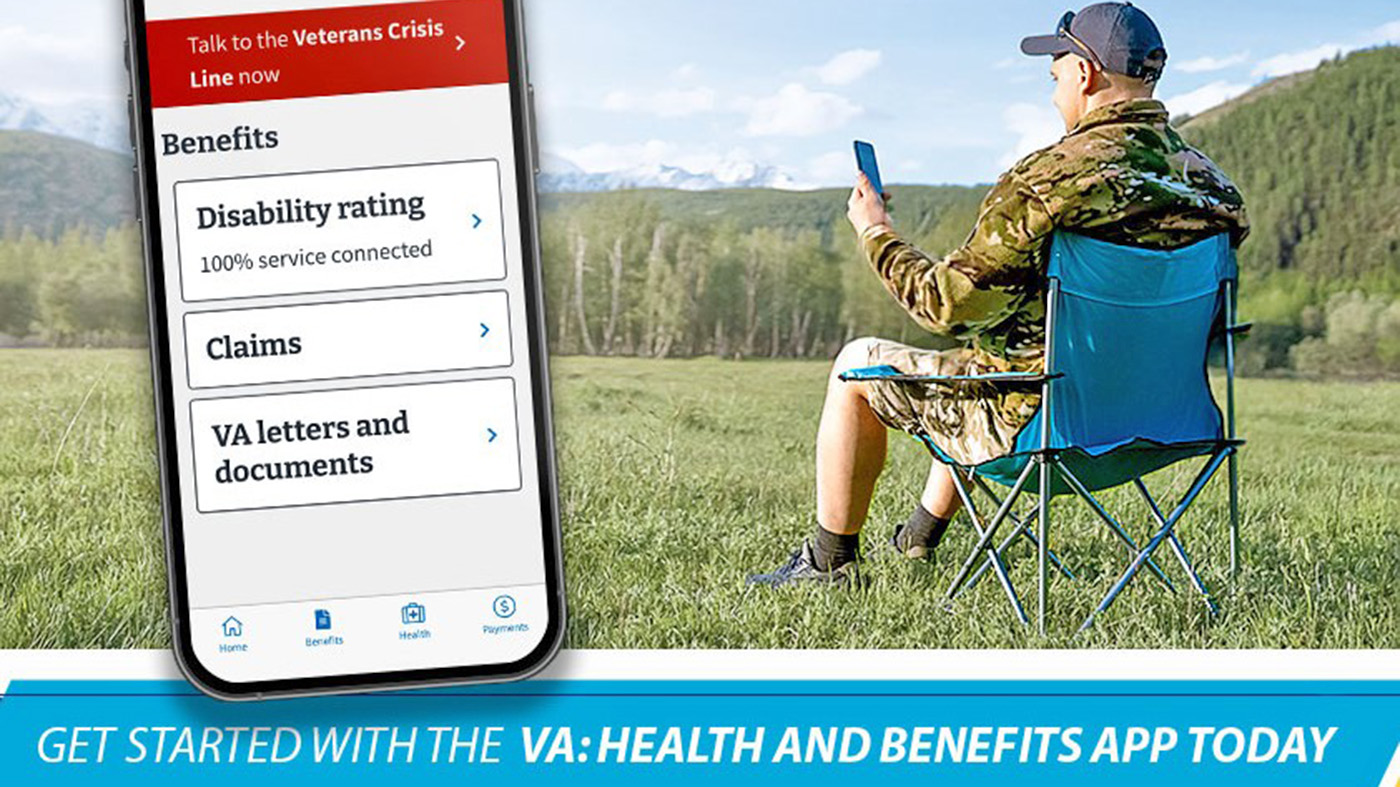Transition can be incredibly stressful, and some Veterans find themselves facing thoughts of suicide.
Life is full of twists and turns. You may start a new job, move to a different city, start or end a relationship, or face a number of other significant changes in your life. Though any big transformation usually comes with challenges, one particular life change can be jarring for Veterans: transitioning from the military back to civilian life.
If you think about it, it’s natural for Veterans to face stress or confusion—or both—during this period. You’ve gone from a network of support to being expected to do a lot of things on your own. It’s more important than ever to strengthen your purpose and create or foster connections.
Many Veterans feel a sense of freedom as civilians. However, some start to feel lost and stuck, not wanting to seek help because of a sense of shame and feeling unsure about how to move forward. Military culture may not always encourage help-seeking behavior and, for many Veterans, there’s a disconnect between knowing something is wrong and feeling like they have “permission” to get help for it.
Veterans can find ways to effectively handle and work through those feelings by strengthening or building a support system through resources offered by VA and Veteran-centric organizations. You don’t have to be alone on your journey.
Going from “we” to “me”
In the military, we’re told how to dress, what to eat, when to sleep and how to spend every minute of every day. In addition to being given instructions, we were supplied with everything we needed, like food, clothing, housing and health care. After you leave that regimented environment, you’re forced to make a lot of daily decisions you probably gave very little thought to when you served. The minutia of daily life can quickly add up and compound with the other problems and pressures you’re faced with during transition.
Aside from figuring out how to spend each day, you’ve also lost a sense of community, camaraderie and teamwork. You’re used to a group identity where you were constantly surrounded by others working together toward a common goal. Now, the skills you developed and others depended on may not fit so neatly into civilian life.
You now own your time and all your decisions. It’s up to you what you want to do, what you want to wear and who you want to be. It’s up to you to make new connections and build new relationships. It’s up to you to find your next mission and get after it. That freedom can be equally liberating and daunting. Just because you now own your path ahead doesn’t mean you have to walk it alone.
How do you find your new or renewed purpose? Who will be part of your new team? Will you redefine yourself? VA is here to help.
Your new network of support
VA offers many of the tools you need to build your new life:
- First, locate the services you need: Whether you need emergency medical care, employment assistance, housing or financial-related services, or you’re looking for information for women Veterans, LGBTQ+ Veterans or Veteran caregivers, we have resources tailored to you.
- Second, explore resources for common issues experienced by Veterans: You can turn to VA for almost anything, including evidence-based treatments for substance abuse, insomnia, depression, posttraumatic stress disorder, anxiety and couple’s therapy; parenting resources; safety resources and understanding suicide loss.
- Third, take a more guided approach: If you’re having trouble finding what you’re looking for, visit VA.gov/REACH. The website provides a customized path to resources for many of life’s challenges, including relationship problems, financial issues, mental health issues and thoughts of suicide. Don’t Wait. Reach Out.
These resources can be used at your own pace or whenever you need them. We also offer 24/7 crisis support if you or any Veteran you know needs immediate help. To reach the Veterans Crisis Line, Dial 988 then Press 1, chat at VeteransCrisisLine.net/Chat, or text 838255 to reach caring responders. You don’t have to be enrolled in VA benefits or health care to connect.
We’re here for all Veterans
I understand what you may be thinking: I should be able to handle this on my own. I don’t want to be a burden to others. My simple response is “You don’t have to” and “You’re not.” Transition is too big to go through alone. Our resources exist because countless Veterans before you earned, needed and used them.
We’re here for the Veteran who feels alone, for the Veteran who doesn’t want to ask for help and for the Veteran concerned about feeling like a burden. You do have a team, and we’re ready to help.
Topics in this story
Link Disclaimer
This page includes links to other websites outside our control and jurisdiction. VA is not responsible for the privacy practices or the content of non-VA Web sites. We encourage you to review the privacy policy or terms and conditions of those sites to fully understand what information is collected and how it is used.
More Stories
When a Veteran explained a diabetic health issue to staff, they scheduled an immediate medical appointment.
With the VA Health and Benefits App, you can refill prescriptions, message your care team or check your VA benefits using your smartphone.
Chocolate lovers, rejoice! Enjoy a tasty, fun and healthy sweet treat with Truffle Imposters for this week's #LiveWholeHealth practice.






Excellent article with insight and references for assistance.
I will NEVER call anyone or any entity to do with VA. The last and only time I did call I got handcuffed and a
hood placed over my head and got arrested. I didn’t resist or give any problems to the police but they treated me like an animal. NEVER EVER AGAIN.